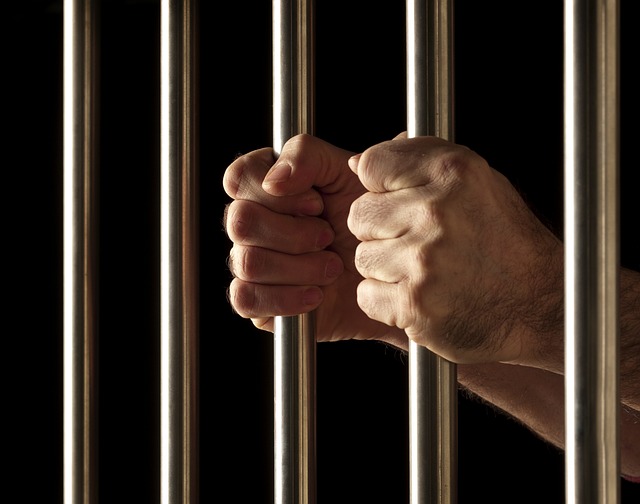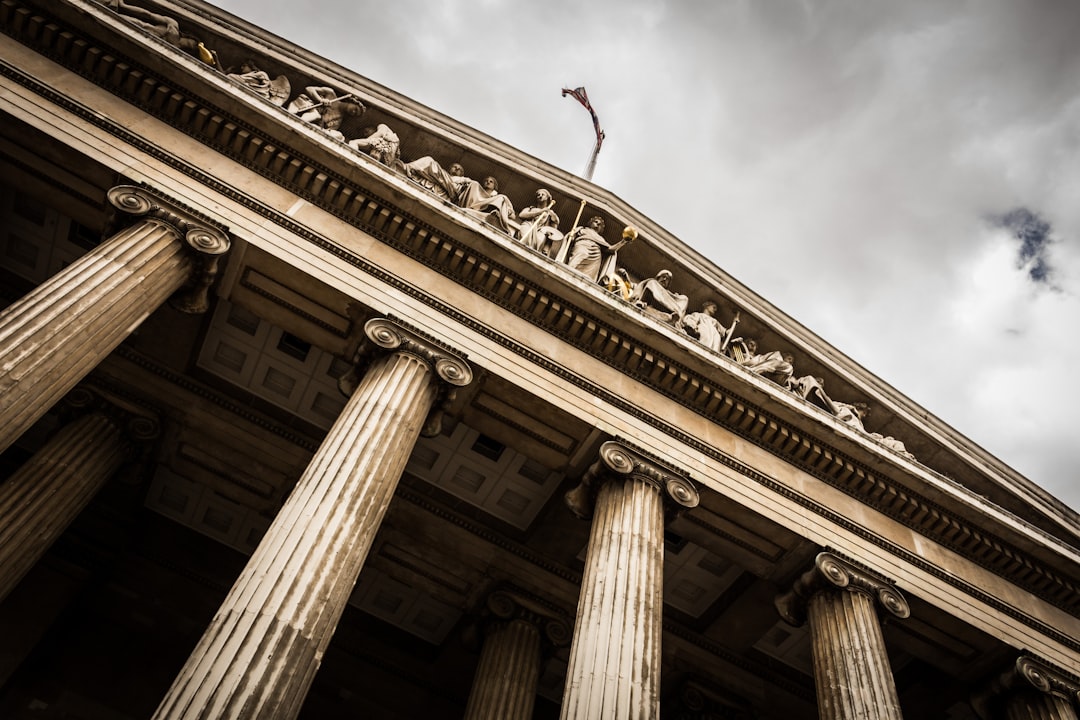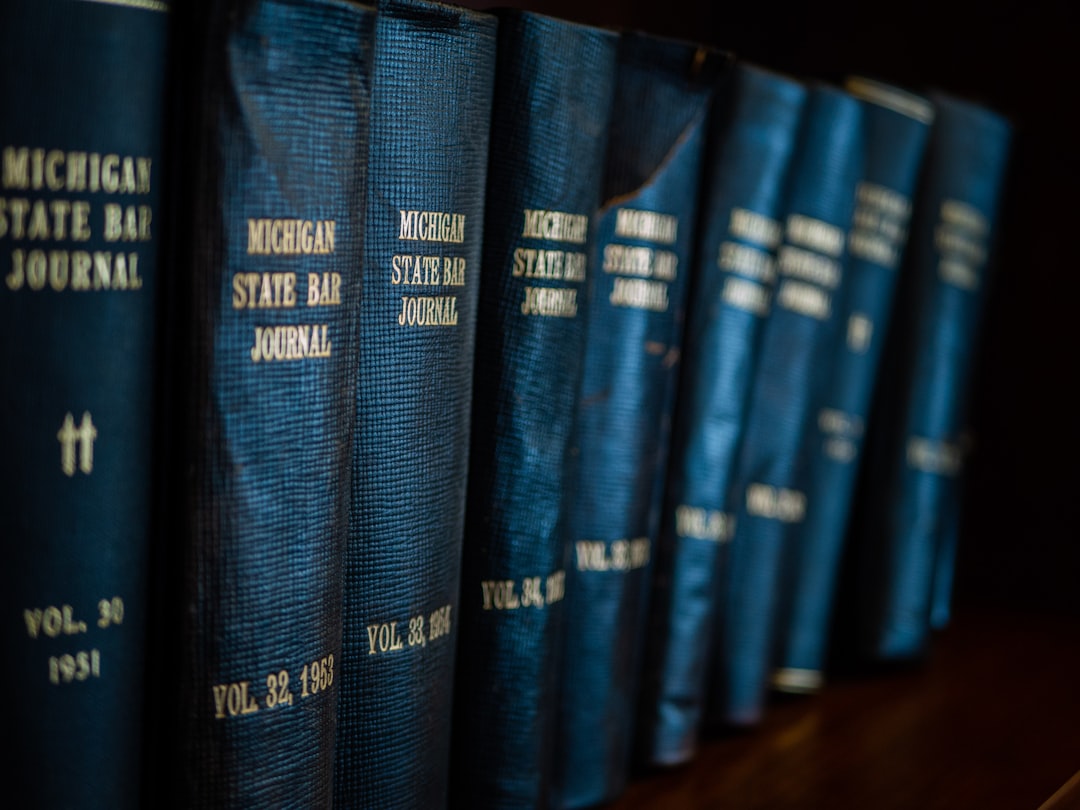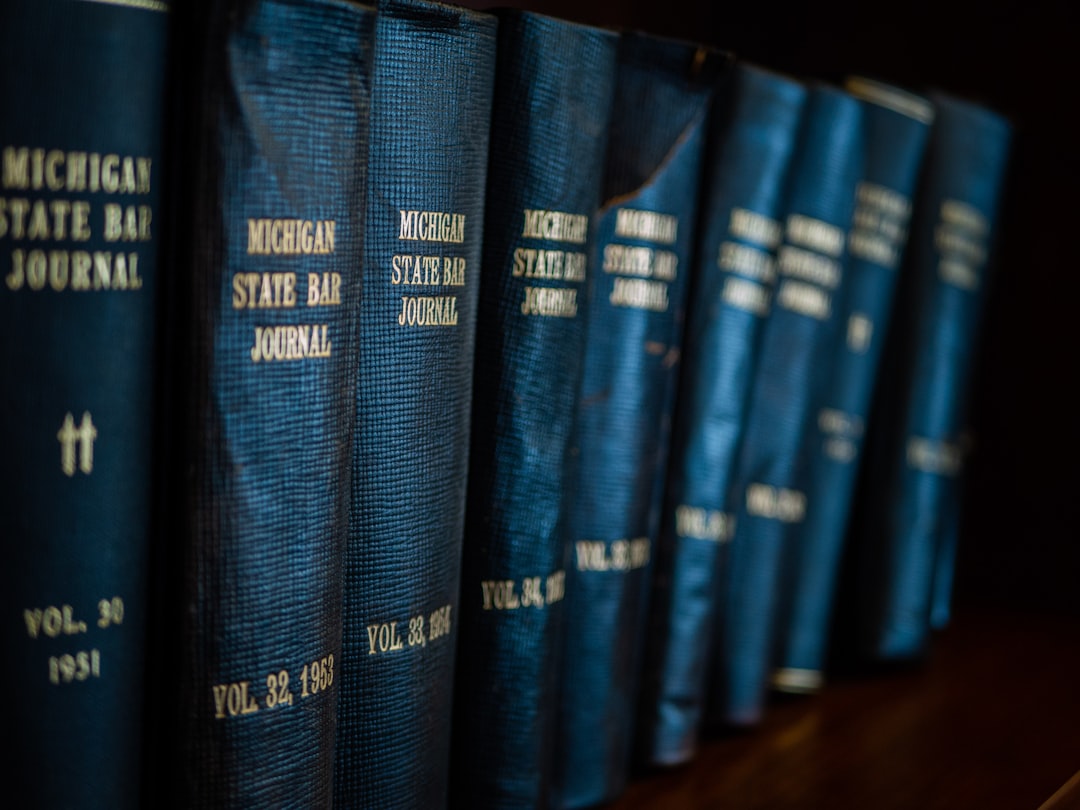In South Carolina, school assault cases involve both criminal (holding perpetrators accountable) and civil (compensating victims for damages) jurisdictions. School abuse attorneys South Carolina navigate these complexities, advocating for victims' rights in physical, emotional, or sexual assaults, bullying, and misconduct. They collaborate with law enforcement and prosecutors in criminal proceedings while focusing on compensation and institutional reforms in civil cases. Understanding the distinction is crucial for student safety, with successful civil lawsuits potentially deterring future incidents. Schools should implement policies addressing assault prevention and collaborate with school abuse attorney South Carolina services for a safer environment.
School assault cases, a pressing concern across the nation, manifest distinct dynamics when examined through the lens of civil vs criminal law in South Carolina. Understanding these distinctions is paramount for advocates, educators, and families alike to ensure justice and support for victims. This article delves into the nuanced differences, exploring how legal frameworks impact outcomes and protections. By scrutinizing real-world scenarios, we illuminate the critical role of a school abuse attorney South Carolina, offering expertise to navigate this complex landscape and advocate for victims’ rights.
Understanding School Assault Laws in South Carolina
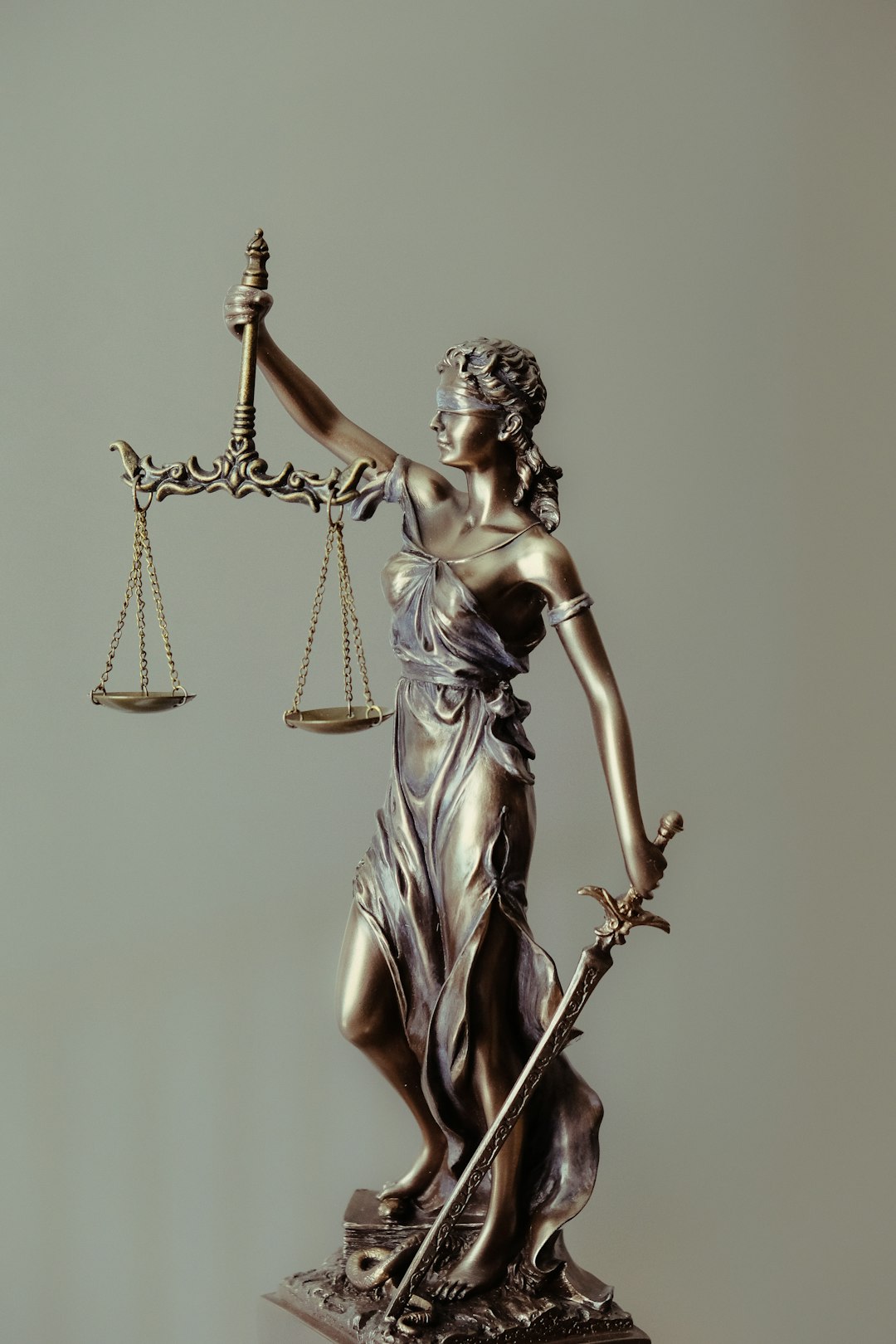
In South Carolina, the distinction between criminal and civil cases related to school assault is crucial for understanding the legal landscape. When a student experiences assault or abuse at school, it’s not solely a matter of discipline; it can trigger both criminal proceedings initiated by law enforcement and civil lawsuits against the responsible parties, including schools, staff, or even third parties. A school abuse attorney South Carolina will often guide clients through these complex jurisdictions, ensuring their rights are protected.
Criminal cases focus on holding perpetrators accountable and maintaining public safety. In South Carolina, simple assault is a misdemeanor, while more severe forms like aggravated assault are felonies. Schools are mandated to report all instances of physical or sexual abuse to law enforcement, facilitating criminal investigations. Civil cases, on the other hand, aim to provide victims with compensation for damages, such as emotional distress or medical expenses. A school abuse attorney South Carolina specializes in these matters can help navigate the nuances of both systems, ensuring a comprehensive resolution for the victim.
For instance, consider a case where a student is subjected to repeated bullying and physical assault by peers. The criminal justice system may charge the perpetrators with misdemeanor offenses, while the victim’s family might file a civil lawsuit against the school district, claiming negligence in failing to prevent the abuse. A skilled attorney will strategize across these domains, advocating for their client’s rights and interests. Data from recent years indicates an increasing number of such cases, reflecting growing awareness and a push for stronger protections against school abuse.
To ensure the best outcome, parents or victims should promptly consult with a qualified school abuse attorney South Carolina. Legal professionals in this field stay abreast of changing laws and regulations, providing expert guidance tailored to each unique case. Their assistance can be invaluable in navigating the complexities of criminal charges, civil lawsuits, and potential settlements, ultimately fostering a safer learning environment for all students.
The Role of a School Abuse Attorney SC
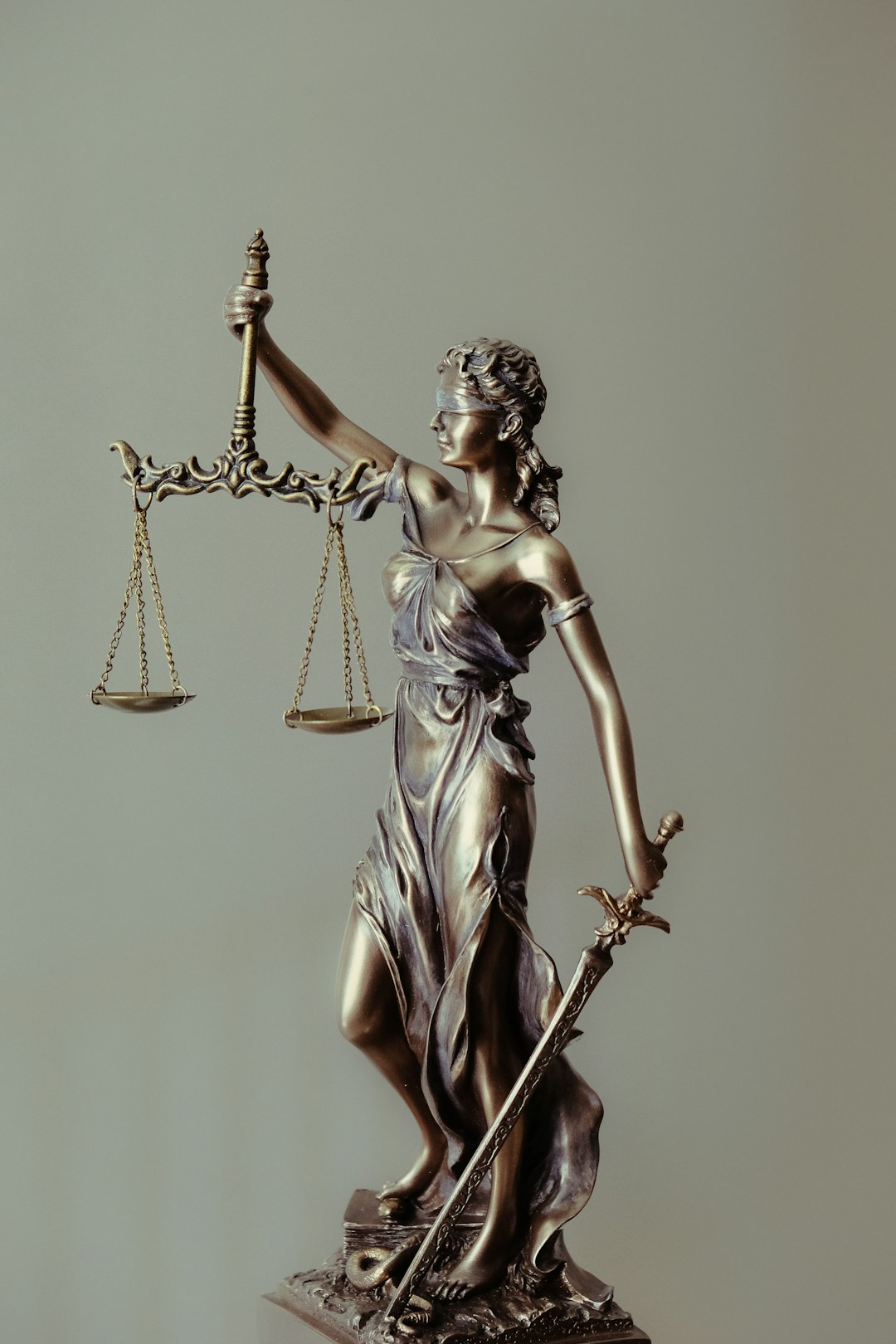
In South Carolina, the distinction between criminal and civil school assault cases is paramount, with each avenue offering distinct pathways to justice and accountability. When a student experiences abuse or neglect within educational institutions, the role of a school abuse attorney South Carolina becomes invaluable. These legal professionals are equipped not only to navigate complex legal systems but also to advocate for the rights and well-being of affected students.
A school abuse attorney South Carolina specializes in handling cases involving physical, emotional, or sexual assault, bullying, and other forms of misconduct occurring within schools, colleges, or universities. They play a crucial role in both criminal and civil proceedings. In criminal cases, their expertise lies in working with law enforcement and prosecutors to build a solid case against perpetrators, ensuring that justice is served. This may involve gathering evidence, interviewing witnesses, and presenting legal arguments to support the prosecution.
In civil cases, these attorneys focus on holding educational institutions accountable for their failure to protect students. They help victims seek compensation for emotional distress, medical expenses, and other damages resulting from abuse. A school abuse attorney South Carolina will thoroughly examine school policies, procedures, and potential negligence, providing a compelling case for monetary redress or educational reforms. For instance, successful settlements or judgments can lead to enhanced safety protocols, staff training, and better oversight mechanisms within schools, ultimately fostering a safer environment for all students.
Navigating Civil vs Criminal Cases for Student Safety

Navigating the legal landscape surrounding school assault is a complex task, particularly when distinguishing between civil and criminal cases. In South Carolina, where student safety is paramount, understanding this distinction is crucial. A school abuse attorney South Carolina can offer invaluable guidance in these situations.
Civil lawsuits for school assault often focus on negligence or intentional harm caused by staff or fellow students. Parents or guardians may file a claim seeking compensation for medical expenses, emotional distress, and other damages. For instance, if a student suffers a serious injury due to another student’s aggressive behavior during a sport activity, a civil lawsuit could be pursued against the school district for failing to provide adequate supervision. Data suggests that successful civil cases can lead to substantial monetary awards, serving as a powerful deterrent for future incidents.
Criminal charges, on the other hand, are brought by law enforcement and aim to punish the perpetrator and hold them accountable. In South Carolina, assault and battery charges may be filed when a student causes intentional physical harm to another. These cases often involve police investigations, court proceedings, and potential jail time or fines for the offender. A school abuse attorney South Carolina can assist victims in navigating these criminal justice systems, ensuring their rights are protected throughout the process.
For optimal student safety, schools should implement comprehensive policies addressing assault prevention and response. This includes prompt reporting mechanisms, thorough investigations, and appropriate disciplinary actions. Moreover, educating students about their rights and available resources is essential. By collaborating with legal experts specializing in school abuse attorney South Carolina services, educational institutions can foster a safer environment and provide adequate support for all parties involved in such incidents.
About the Author
Dr. Emily Taylor, a prominent attorney and legal scholar, specializes in education law with an emphasis on school assault cases in South Carolina. With over 15 years of experience, she has argued numerous landmark cases, shaping policies for student safety. Taylor is a certified expert in civil and criminal litigation and holds a J.D. from Harvard Law School. She serves as a regular contributor to the American Bar Association Journal and is actively engaged on LinkedIn, sharing insights on legal reforms.
Related Resources
Here are 5-7 authoritative resources for an article about criminal vs civil school assault cases in South Carolina:
- South Carolina Code of Laws (Government Portal): [Offers the official legal code specific to South Carolina, providing insights into criminal and civil procedures.] – https://www.scstate.gov/statutes/
- University of South Carolina School of Law Library (Academic Library): [Provides access to legal research databases and academic journals relevant to education law and litigation.] – http://law.usc.edu/library/
- SC Department of Education (Government Agency): [Features resources and guidelines for handling disciplinary issues in schools, including assault cases.] – https://ed.sc.gov/
- American Bar Association: Education Law Center (Industry Leader): [Offers comprehensive legal information and analysis on education-related topics, including school assaults.] – <a href="https://www.americanbar.org/groups/educationlaw/” target=”blank” rel=”noopener noreferrer”>https://www.americanbar.org/groups/education_law/
- North Carolina State University: Journal of Student Right to Privacy (Academic Journal): [Publishes articles exploring privacy rights in schools, which can offer insights into similar cases in South Carolina.] – http://digital.lib.ncsu.edu/jsrp/
- South Carolina Bar Association (Professional Organization): [Provides legal resources and updates specific to South Carolina, including practice areas related to education law.] – https://www.scbar.org/
- National Center for Education Statistics (Government Data Portal): [Offers statistical data and reports on various educational topics, which can provide context for understanding school assault trends.] – https://nces.ed.gov/

